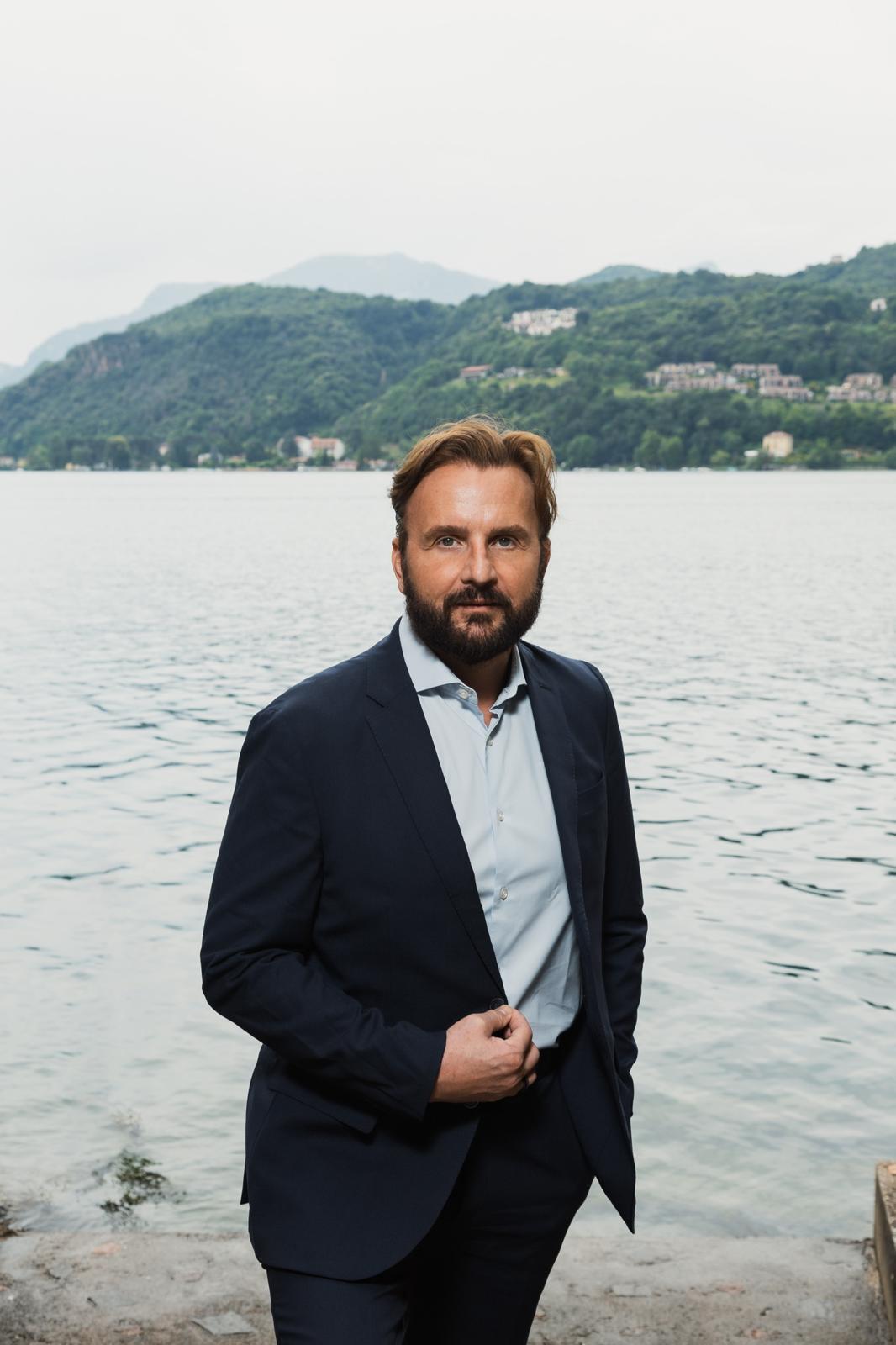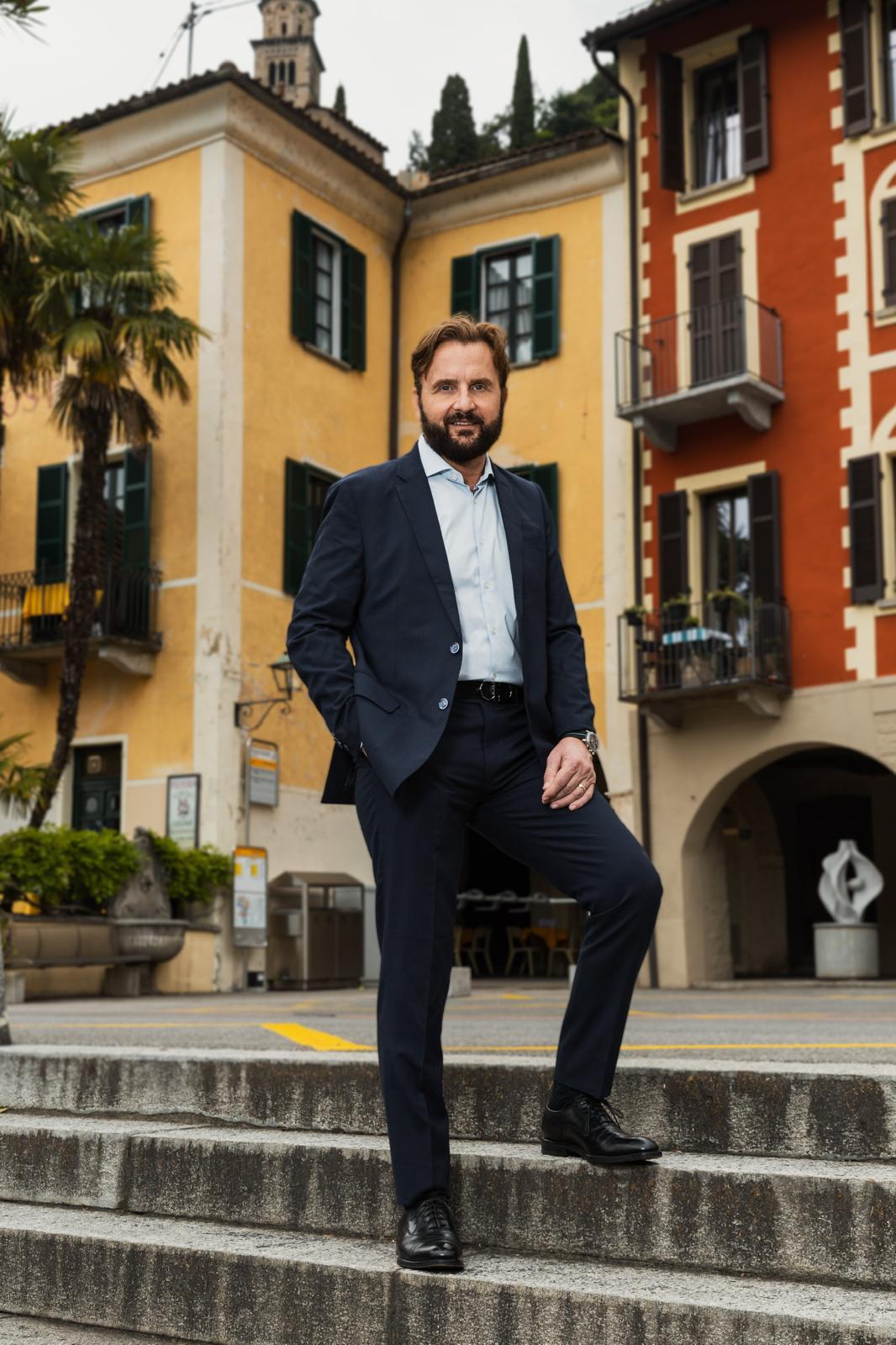Title: Decentralized Data Centers and Distributed Quantum Ledgers: Unlocking Africa’s Commodities Potential
Reporter: Before we start, Sean Michael Brehm is the Chairman of Spectral Capital Corporation, an OTCQB-listed company with the symbol FCCN. For more information, visit www.spectralcapital.com.
Sean, Africa is rich in resources. Yet, its economies often need help using them well. Can decentralized renewable energy data centers and the Vogon DQLDB revolutionize Africa’s commodities market role?
Sean Michael Brehm: Thank you for the opportunity to discuss this critical topic. Africa has great potential. It provides over 12% of the world’s oil, 70% of its cobalt, and vast gold, diamonds, and agricultural goods. However, poor infrastructure and opaque supply chains limit market access, so the wealth generated often doesn’t reach those who most need it.

Decentralized data centers powered by solar and wind offer a solution. Paired with the Vogon DQLDB, they are transformative. They create a transparent, secure, and efficient ecosystem. This ecosystem allows commodity producers—miners, farmers, or co-ops—to access real-time market data. They can then negotiate better terms and receive fair pay.
Reporter: How do decentralized data centers impact these markets so much?
Sean: Decentralized data centers are a game changer. They bring computing power and data storage closer to where the data generation occurs. This reduces latency and ensures more reliable access to information.
It also lowers costs: a simple example is that cobalt miners in the Congo can use decentralized centers to upload data on their yields. The Vogon DQLDB processes this data, with security measures in place. It creates an immutable record of their production.
Buyers can verify the commodities’ origin and authenticity in real-time, ensuring fairer prices and reducing fraud.
Farmers in Kenya can benefit from using decentralized data centers. They can access market prices, weather forecasts, and logistics support without expensive, centralized systems.
Reporter: The Vogon Distributed Quantum Ledger Database seems central to this vision. What makes it so powerful?


Sean: The Vogon DQLDB is the future backbone of modern commerce. It handles complex, dynamic markets like Africa’s commodities. It’s a decentralized system that makes every transaction secure, transparent, and tamper-proof.
Unlike traditional, centralized systems, the Vogon DQLDB distributes data across many nodes, so no single entity controls it. Decentralized edge and hybrid cloud solutions are crucial in areas where trust in centralized authorities may be limited.
The database uses quantum computing. It handles large datasets and complex tasks efficiently. For commodities, this means tracking a product’s journey. It starts at extraction or harvest and ends at delivery. All stakeholders, including local producers, must be treated fairly.
Reporter: How do the new data centers and DQLDB affect local economies and producers?
Sean: The impact is profound and multifaceted. Decentralized systems lower corruption risk for miners. They also ensure fairer profit distribution. Real-time recording of transactions ensures fair, quick payments. It avoids intermediaries taking undue cuts.
Transparent pricing data is key for farmers. It helps them decide what to plant, when, and whom to sell to. They can connect directly with global buyers, bypassing traditional barriers and boosting their income.
This system helps African economies attract foreign investment by improving trust and efficiency in their commodities markets. A secure, transparent system boosts investors’ confidence and makes them more willing to engage, which leads to economic growth and job creation.
Reporter: Energy and connectivity are persistent challenges in Africa. How do your decentralized data centers overcome these obstacles?
Sean: Our hybrid data centers are designed with resilience in mind. Renewable energy sources like solar panels and wind turbines can power them. Even graphene batteries can do it. This lets them operate independently of unreliable grids.
We use a mix of fiber optics and satellites for connectivity, ensuring access even in remote areas. These data centers power advanced tech, like the Vogon DQLDB. They also provide energy and internet to local schools, hospitals, and businesses, creating progress.
Investing in robust digital and green energy infrastructures while expanding broadband access and renewable energy projects will not only support decentralized data centers but drive economic growth in many sectors at the same time.
Reporter: Could this technological leap risk displacing jobs in these regions?

Sean: Not at all. It creates new opportunities. These technologies boost efficiency. But they create jobs in data management, logistics, and renewable energy maintenance.
We’re partnering with local universities to train workers for new, higher-paying roles. Higher profits and transparency lead to more community reinvestment, creating a growth cycle.
We have seen recently in a Reuters article that decentralized renewable energy systems can boost local economies. They create jobs in data management, logistics, and renewable energy maintenance. Africa Data Centers and DPA SA are building a 12 MW solar farm in South Africa. It will provide renewable energy for data facilities, as they face high energy demands and frequent power cuts. Such projects boost energy security and create jobs. They also develop infrastructure, which spurs economic growth.
By addressing these technological, infrastructural, regulatory, and economic factors, Africa can effectively harness decentralized data centers and distributed quantum ledgers to transform its commodities market, promoting sustainable economic growth and equitable wealth distribution.
Reporter: What’s the larger vision here? How do these technologies shape Africa’s future?
Sean: We want to make Africa a leader in the global commodities market. Its people should enjoy it. We are using decentralized data centers and the Vogon DQLDB. This will create a fair, efficient, and sustainable infrastructure.
This isn’t just about increasing exports—it’s about transforming lives. When miners get fair pay, and farmers access global markets, we create a future where Africa is a leader in the global economy. Reliable energy and the internet will help.
Note: All statistical figures are based on the latest available data as of December 2023. This article shows the promise of decentralized systems for Africa’s commodities sector. They empower local producers and boost global trust and investment.
Anna Stukkert
+491622328333
annastukkert@hotmail.com






